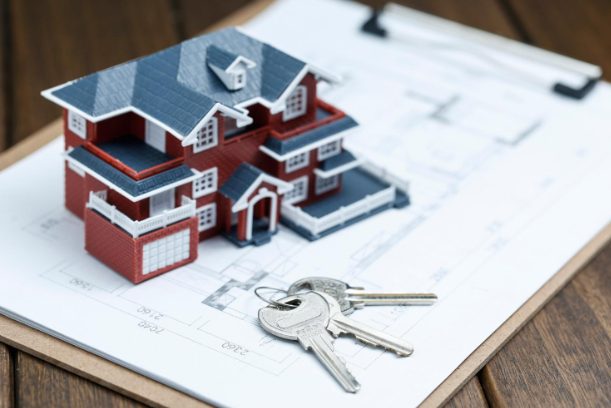For a while, when people thought about real estate, all they thought of was a realtor who may have published a building for sale in a newspaper, and a buyer who may have seen that publication and called the realtor on their mobile phone to arrange to buy the building. Then, there’s the exchange of legal tender, and boom! You have a building or plot of land that is now yours.
If you’re lucky, the plot of land or building you purchased would actually be yours and as a plus, actually look like the picture you saw in the newspaper.
These days however, you don’t have to be that worried about not getting what you paid for or having a battle with some of the people those buildings were not cleared with.
Of course, back then, when technology wasn’t a key factor in the real estate industry, there were honest realtors/real estate companies. The thing is, the incorporation of tech into the scene has made it way easier to spot these honest business owners, market your listings better, and generally, help you make better decisions concerning real estate.
Here are three ways the incorporation of technology has totally transformed the real estate industry:
Property development
In previous times, architects had to draw by hand, how they wanted a particular building in their head to look when it’s completed. Modelling, progress tracking and stress-testing had to be done manually. I’m sure you don’t have to do much to imagine how cumbersome and time consuming that could have been. The architects that worked with realtors/real estate companies had to figure it out.
However, with the incorporation of technology, even if admittedly, this process still takes time, it definitely has been greatly sped up.
Now there are countless kinds of software these architects could incorporate into their work to make it more accurate, produce quicker results and reduce the cumbersomeness of taking on designing more than one project.
Property management
Since technology came into the scene, it has greatly impacted the area of property management. Buildings are no longer just blocks held together by cement and forgotten til a buyer comes along.
Today, it is much easier than it has ever been to manage these buildings and make sure they are as good as when they were first built.
For example, in a building where water systems have been compromised, there are various kinds of software that could alert the managers of these buildings before the leaks get out of hand.
Most of these types of software that alert you of leaks, break-ins and whatnot, can be operated remotely, and if that isn’t a game changer here, I dont know what that is. It means you don’t necessarily need to be at these locations to know what’s going on so you could take care of them.
Marketing
One undeniable area that the incorporation of technology into real estate has turned around is marketing.
Real estate companies no longer have to stick to only word of mouth and newspaper advertisements to move forward with their business.
Now, they have a host of internet marketing types to explore in order for them to make even more sales than they were making before this was possible when they were only relying on word of mouth and newspaper publications, and that definitely says a lot.
I mean, people are buying buildings and plots of land everyday even without so much effort from brands in the scene.
Content marketing efforts augmented by digital tools like Airstory, Yoast, and so on, to make your real estate marketing even more seamless than it already is is another development that incorporating technology into the scene has made possible.
Before venturing into this area of marketing for a real estate company, make sure you are equipped with enough knowledge and tools to make for this seamless experience I just talked about.
Conclusion
Technology’s incorporation into the real estate industry has been amazing all-around. Now more than ever, it’s easy to get a lots of buy options at your fingertip, market with less stress, follow up with purchase satisfaction and identify unruly customers.
Do you use technology as a realtor? What’s been your experience?
